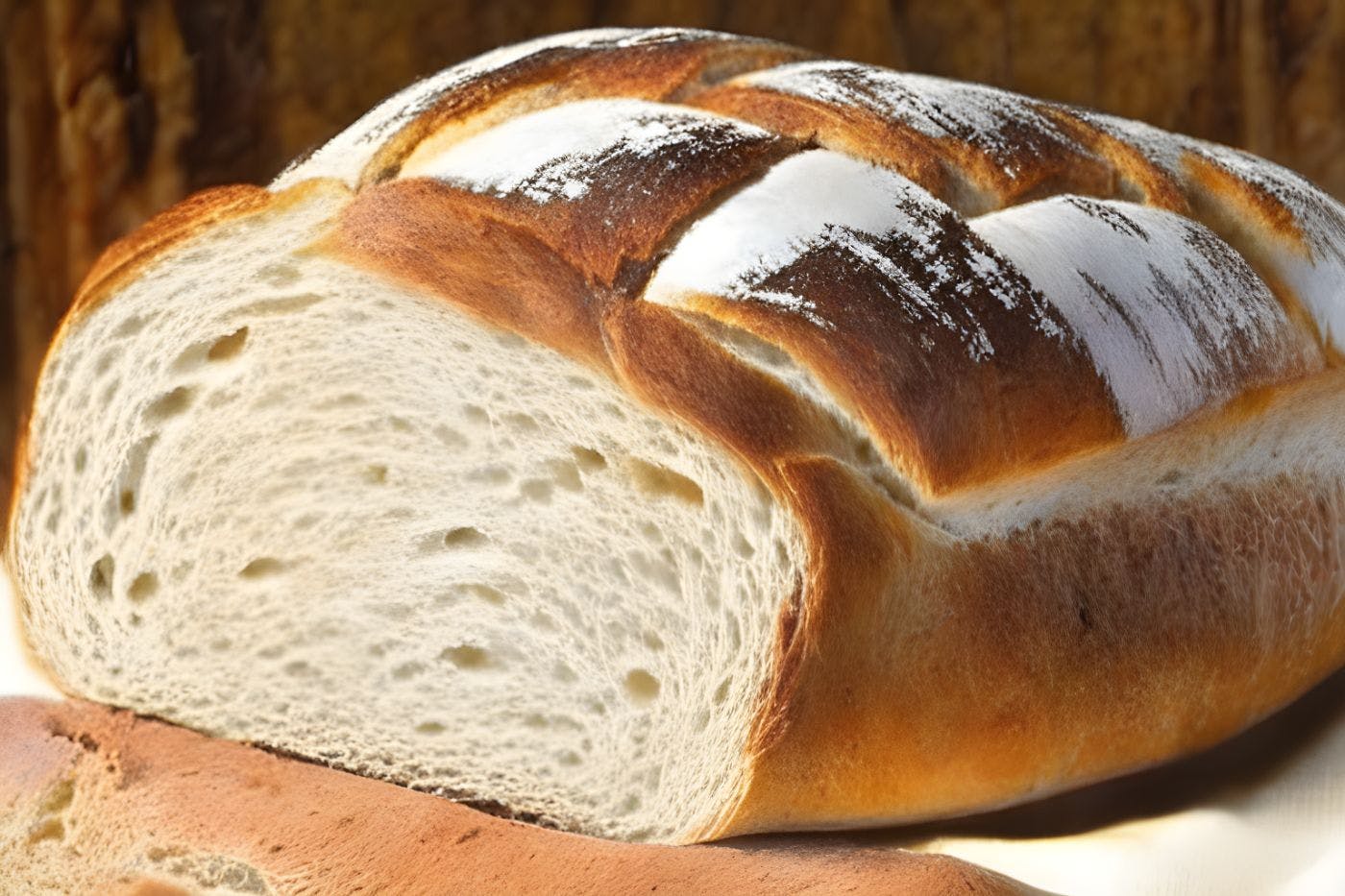Insights on Consumer Pricing through the Lens of Bread
by
June 8th, 2023
Audio Presented by

Tech-savvy product manager helping early-stage B2C startups build successful products that meet customer needs.
Story's Credibility

About Author
Tech-savvy product manager helping early-stage B2C startups build successful products that meet customer needs.
